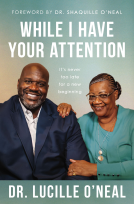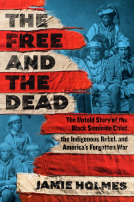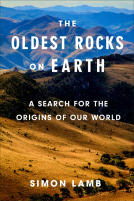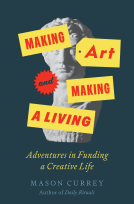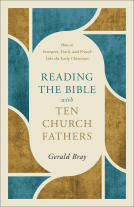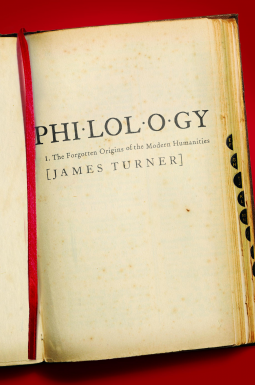
Philology
The Forgotten Origins of the Modern Humanities
by James Turner
This title was previously available on NetGalley and is now archived.
Send NetGalley books directly to your Kindle or Kindle app
1
To read on a Kindle or Kindle app, please add kindle@netgalley.com as an approved email address to receive files in your Amazon account. Click here for step-by-step instructions.
2
Also find your Kindle email address within your Amazon account, and enter it here.
Pub Date Jun 15 2014 | Archive Date May 26 2014
Description
Many today do not recognize the word, but "philology" was for centuries nearly synonymous with humanistic intellectual life, encompassing not only the study of Greek and Roman literature and the Bible but also all other studies of language and literature, as well as religion, history, culture, art, archaeology, and more. In short, philology was the queen of the human sciences. How did it become little more than an archaic word? In Philology, the first history of Western humanistic learning as a connected whole ever published in English, James Turner tells the fascinating, forgotten story of how the study of languages and texts led to the modern humanities and the modern university.
This compelling narrative traces the development of humanistic learning from its beginning among ancient Greek scholars and rhetoricians, through the Middle Ages, Renaissance, and Enlightenment, to the English-speaking world of the nineteenth and early twentieth centuries. Turner shows how evolving researches into the texts, languages, and physical artifacts of the past led, over many centuries, to sophisticated comparative methods and a deep historical awareness of the uniqueness of earlier ages. But around 1800, he explains, these interlinked philological and antiquarian studies began to fragment into distinct academic fields. These fissures resulted, within a century or so, in the new, independent "disciplines" that we now call the humanities. Yet the separation of these disciplines only obscured, rather than erased, their common features.
The humanities today face a crisis of relevance, if not of meaning and purpose. Understanding their common origins--and what they still share--has never been more urgent.
James Turner is the Cavanaugh Professor of Humanities at the University of Notre Dame, where he teaches in the History Department and the doctoral program in history and philosophy of science. He is the author of The Liberal Education of Charles Eliot Norton and Religion Enters the Academy, and the coauthor of The Sacred and the Secular University (Princeton).
Advance Praise
No Advance Praise Available
No Advance Praise Available
Marketing Plan
No Marketing Info Available
No Marketing Info Available
Available Editions
| EDITION | Other Format |
| ISBN | 9780691145648 |
| PRICE | $24.95 (USD) |
Average rating from 12 members
Readers who liked this book also liked:
Scott Michael LeRette
Biographies & Memoirs, Christian, Parenting, Families, Relationships
